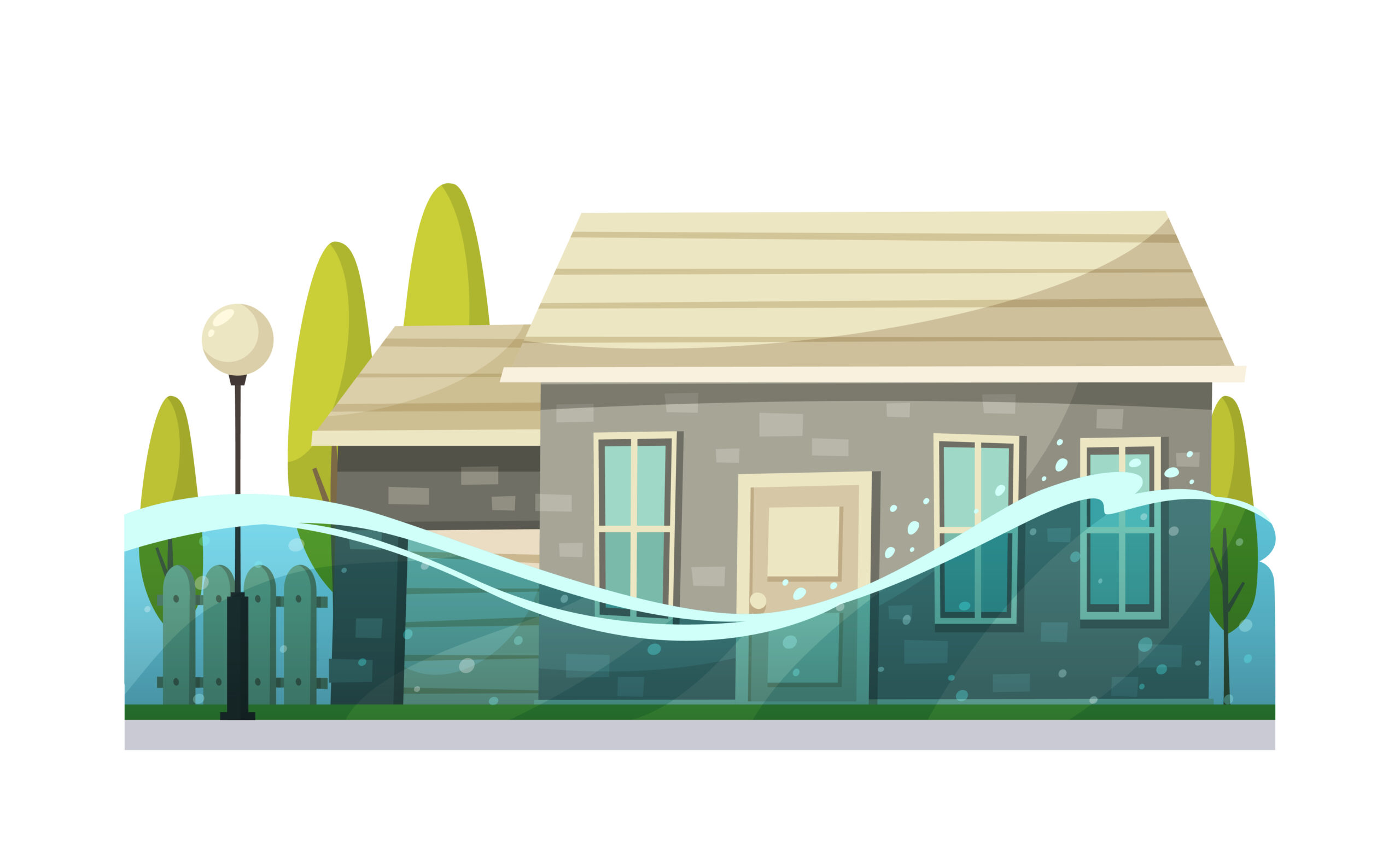Dementia and Alzheimer’s have similarities, but they are not the same. Symptoms may overlap, but differentiating one from another is vital for effective management and treatment.
Read on to learn more about these conditions.
What Is Dementia?
Dementia is not a specific disease but is a general term that describes a wide range of symptoms. People with this condition mostly experiences changes in their mental cognitive functioning, such as memory and reasoning ability.
Dementia also affects one’s behavioural abilities to a certain extent. This condition ranges in severity from mild to severe stage. It is common in the elderly that sometimes compromises senior health and safety.
In milder cases, it will only affect the person’s functioning, but in the severe stage, the person may depend entirely on others to survive basic activities of daily living.
Other common symptoms of dementia include:
- Decline in memory
- Changes in mental thinking
- Poor judgement and reasoning skills
- Inability to focus or pay attention
- Changes in language and communication skills
What Is Alzheimer’s?
Alzheimer’s is a brain disorder that can gradually destroy a person’s memory and thinking skills. Over time, it can affect one’s ability to carry out even the simplest tasks.
Most people with this condition have their symptoms appear later in life. The estimates vary, but data suggests that between 400,000 to 459,000 Australians suffer from dementia. With those numbers, Alzheimer’s disease accounts for up to 70% of the cases.
In fact, Alzheimer’s is the most common cause of dementia.
The symptoms of Alzheimer’s may overlap with dementia. These include:
- Memory loss
- Lack of problem-solving ability
- Sudden confusion
- Limitation with language and communication
- Poor judges
- Changes in personality
The symptoms may take time to appear, and significant damage may already occur before receiving a proper diagnosis. These factors make treatment more challenging for both dementia and Alzheimer’s.
Causes
Dementia often comes as a result of brain damage. Common causes are traumatic brain injuries from car accidents, severe falls, concussions, and other events. The similarity in all these cases is the damage or loss of nerves and their connections in the brain.
It also relates to several neurological conditions affecting cognitive functioning, such as Alzheimer’s, Parkinson’s, and stroke. The risks become more imminent as people age but are not regular in aging.
Alzheimer’s, on the other hand, is caused by a combination of three factors – genetics, lifestyle, and environmental factors. All these can affect brain function over time.
Treatment – Dementia vs. Alzheimer’s
The treatment for dementia will depend on the exact cause and type, but many of its treatments overlap with Alzheimer’s.
Dementia Treatment
There is currently no medication that can cure dementia permanently, but some may help control the symptoms.
The doctor may prescribe other medications and treatments for problems brought by the condition, such as depression, frequent mood swings, irritability, and trouble sleeping.
Dementia is not reversible, but still, many forms are treatable. The proper medication can help a person living with this condition still live a normal life.
Alzheimer’s Treatment
Similar to dementia, no cure for Alzheimer’s is available. Although there are options to consider when managing this disease:
- Antipsychotic medicines for behavioural changes
- Antidepressants for irritability and low mood
- Other medications for memory loss such as cholinesterase inhibitors donepezil (Aricept) and rivastigmine (Exelon), and memantine (Namenda)
- Alternative remedies to boost brain health (coconut oil, fish oil, etc.)
A person showing signs of Alzheimer’s or dementia should go to the doctor for an evaluation. The doctor can help determine any reversible health concerns and help outline a treatment plan for the disease.
Some of the tests used to diagnose dementia include cognitive and neuropsychological tests, brain scans, psychiatric evaluation, and genetic testing.
Prevention
There is no sure-fire way to reverse or prevent dementia and Alzheimer’s. However, research suggests that lifestyle changes can slow down its development.
Keep the brain active by staying social, engaging in regular physical activities, eating a healthy diet, and maintaining good heart health. All these lifestyle changes may reduce the risk of developing brain conditions.
Providing first aid for people with Dementia and Alzheimer’s can be a challenge. In such emergencies, the essential thing to remember is that no two people are the same.
We highly suggest anyone living with an elderly or working in a facility undergo first aid training. First aid training is a problem solving, stress-reducing, and crisis prevention learning course for carers of people with dementia or Alzheimer’s.
The course will cover how to identify, understand, and effectively cope with the physical, behavioural, and psychological symptoms of these two conditions.








